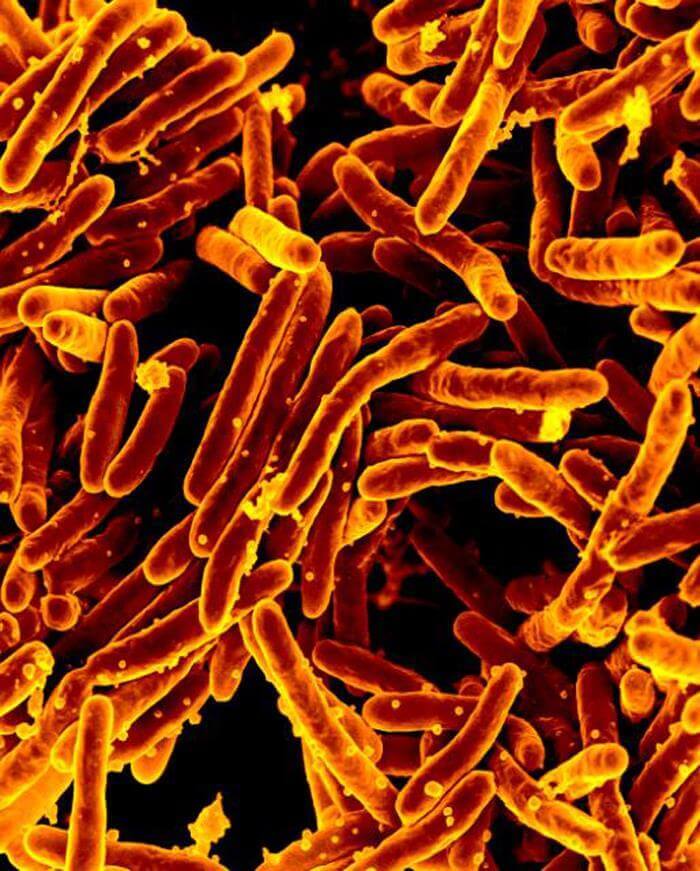Kat KelleyGHTC
Kat Kelly is a senior program assistant at GHTC who supports GHTC's communications and member engagement activities.

Researchers at Tulane University successfully tested an experimental aerosol tuberculosis (TB) vaccine in monkeys, demonstrating that the candidate was more effective in protecting against infection than BCG—the only TB vaccine on the market. To create the vaccine, the researchers genetically modified the TB bacterium, removing a gene that plays a key role in infection. The vaccine was then administered to seven monkeys, while another seven each received either an aerosol version of BCG or no vaccine. After eight weeks, the monkeys were exposed to TB at a lethal level. The experimental vaccine not only was more protective than BCG, but it also induced a stronger immune response in the lungs, which is thought to be key to preventing infection.
A new formulation and coating for existing HIV and AIDS medicines could significantly decrease the frequency with which the drugs must be taken. Researchers at the University of Nebraska Medical Center used a process called nanoformulation, which involves modifying drugs at the most basic level (i.e., atomic or molecular level) in order to convert them into nanoparticle crystals. In this experiment, the antiretroviral medicine crystals were coated with fat and protein, allowing them to last much longer in the body. In the lab, the drug proved to be effective in combatting HIV and AIDS. The team hopes its findings could eventually lead to the development of an HIV and AIDS treatment that could be administered once or twice per year, rather than daily.
Resistance to the leading antimalarial—artemisinin—was first reported in Cambodia in 2008, and a new study in Nature Communications suggests that the drug-resistant parasite has the ability to infect African mosquito species. A team of researchers at the US National Institute of Allergy and Infectious Disease infected two Asian and one African mosquito species with the drug-resistant malaria parasite, and all three species proved to be susceptible. Furthermore, the African species were no less vulnerable to infection, which came as quite a surprise as the species have evolved independently for more than 30 million years.
Health officials from the United States and Saudi Arabia are considering a collaboration for the development of a vaccine against Middle East Respiratory Syndrome (MERS), which has infected more than 1,500 people across 27 countries. There are currently a number of MERS vaccines in development and several have yielded promising results in animal studies. The Saudi Ministry of Health has US$70 million available for the project; however, the proposed role of the US government remains unknown.